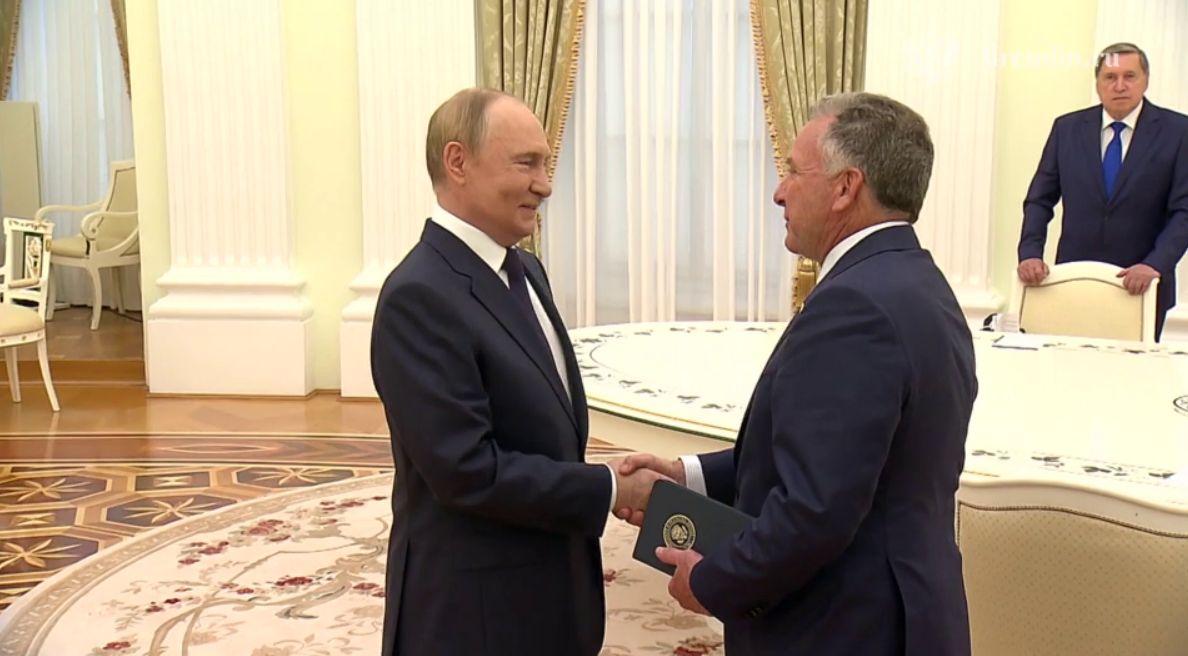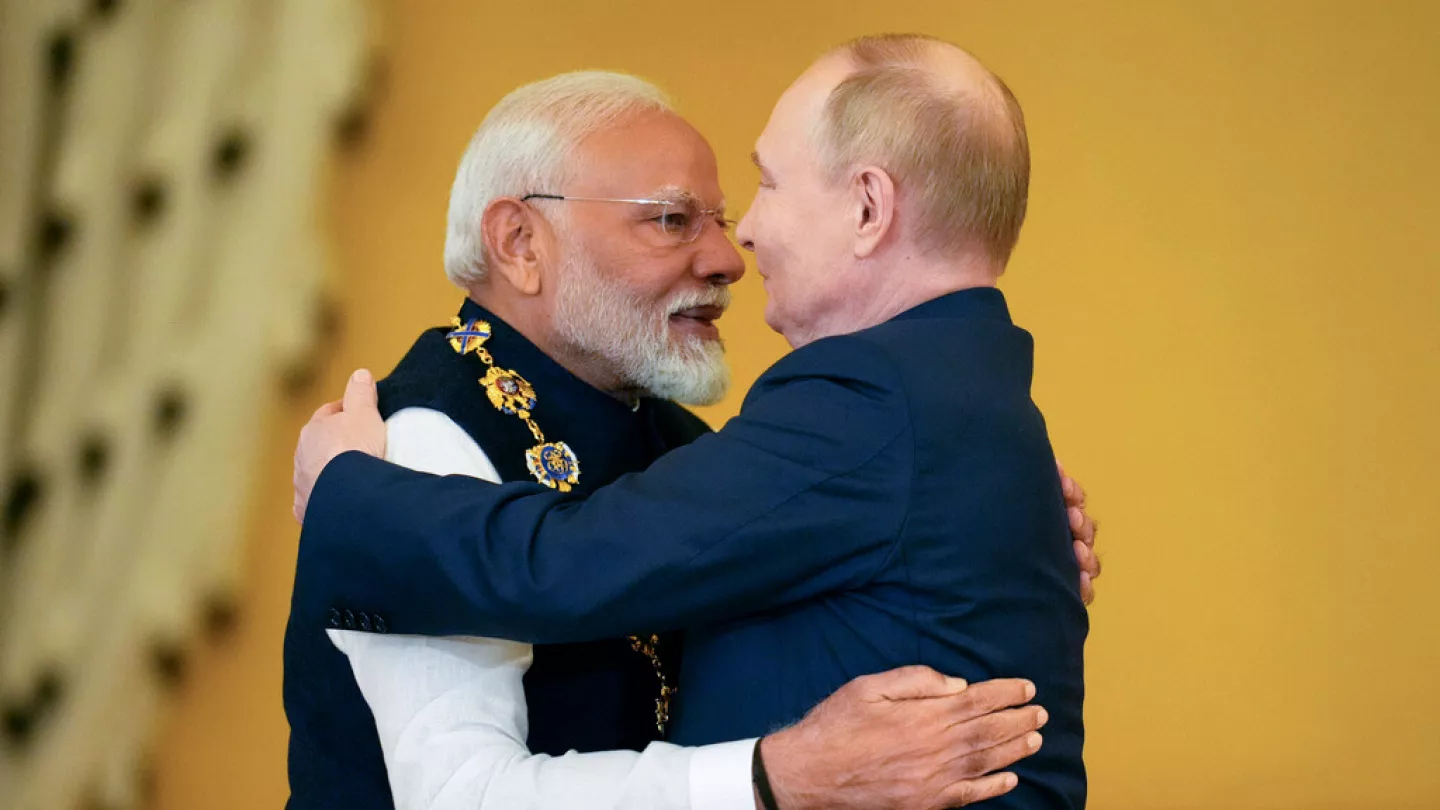Vladimir Putin held three-hour talks with US envoy Steve Witkoff on Wednesday, but produced no full ceasefire agreement, prompting the American president to immediately impose a 25% tariff on India for buying Russian oil.
The tariff hike – pushing total US levies against India to 50% – signals Trump is following through on his threat to target countries financing Russia’s war machine, just two days before his August 8 ultimatum deadline.
Putin offers partial measures while demanding territorial concessions
Putin’s decision to avoid a full ceasefire comes as the Kremlin faces mounting economic pressure. Russian oil revenues have already dropped by nearly 33%, Bloomberg reports, but Moscow appears willing to risk deeper isolation while pursuing its goal of capturing four Ukrainian oblasts completely, according to Reuters sources familiar with Putin’s thinking.
Russian presidential aide Yuri Ushakov described the three-hour talks as “very useful and constructive,” saying Putin conveyed “some signals” on Ukraine while Witkoff delivered “relevant signals” from Trump. However, Ushakov refused to disclose details, explaining Trump had not yet been briefed on the outcome.
Before the meeting, Bloomberg reported the Kremlin was weighing a partial moratorium on air strikes as a potential concession to avoid sanctions.
India faces immediate economic consequences
Hours after the Moscow meeting concluded, Trump signed an executive order imposing the additional 25% tariff on Indian goods, citing India’s role as Russia’s second-largest oil customer after China.
“I find that the Government of India is currently directly or indirectly importing Russian Federation oil,” Trump’s executive order states, adding that India accounts for roughly 35% of its oil supplies from Russia.
India responded, calling the tariffs “extremely unfortunate” and “unfair, unjustified and unreasonable.” New Delhi said its oil purchases are “based on market factors” aimed at ensuring “energy security of 1.4 billion people.”
Nuclear submarines deployed as deadline approaches
The stakes escalated further after Russian Security Council deputy chairman Dmitry Medvedev framed Trump’s ultimatum as “a threat and a step towards war,” prompting Trump to order two nuclear submarines to “appropriate regions” citing “highly provocative statements.”
However, Ukrainian parliament foreign affairs committee chair Oleksandr Merezhko told ABC News he doesn’t expect Trump to impose promised secondary sanctions on China – Russia’s largest energy customer – even if Putin maintains his refusal.
What comes next
With Trump’s Friday deadline looming, the White House faces pressure to implement the full sanctions framework targeting both Russia and countries purchasing Russian energy. Trump has threatened “secondary tariffs” that could fundamentally reshape global energy markets.
The immediate action against India suggests Trump intends to follow through on his threats, potentially setting up a confrontation with China if Beijing continues buying Russian oil after Friday’s deadline expires.
Trump’s focus on India over China may reflect strategic calculations about which pressure points offer the most leverage.
As The Telegraph recently noted, India — not China — could be the key to ending the Ukraine war, despite buying less Russian oil than Beijing. India’s Russian oil imports surged from near-zero pre-war to 2.15 million barrels per day by mid-2023, generating $51 billion in revenues for Russia last year alone.





